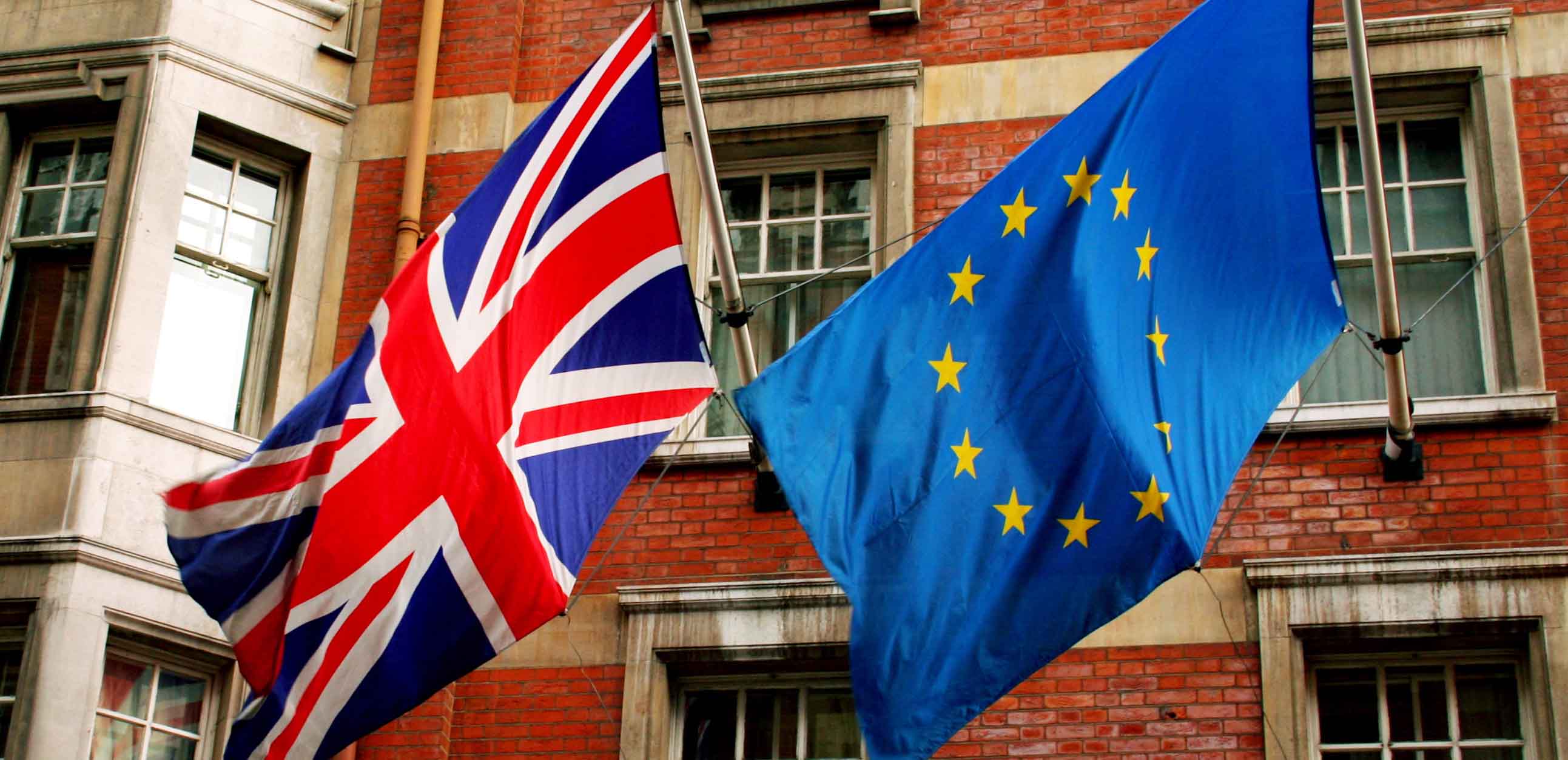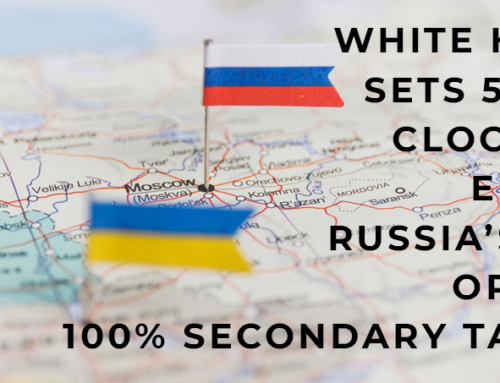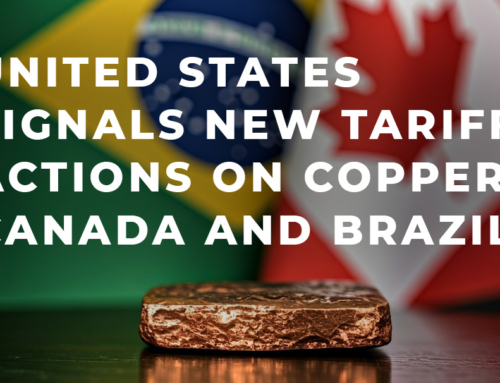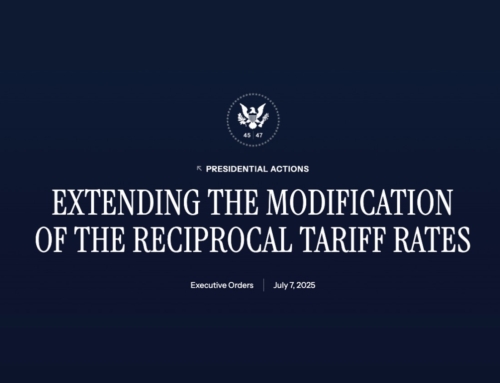Shippers were thrown into more turmoil this past week after British Prime Minister, Theresa May, delayed Brexit debates indefinitely. The latest deal between May and the European Union (EU) has failed to win any political support, forcing shippers to adopt a worst-case scenario in the scheduled upcoming March 29thdeparture.
*(updated) on october 31, 2019…
Britain will withdraw from the European Union under Article 50 of the EU Treaty.
If the current Brexit deal is accepted by both the majority of the House of Commons and by all other EU governments, it will come into effect under a transitional period. If a deal is not reached by the March 29thdeadline, the UK could request to change the timing of the withdrawal under Article 50, or continue with Brexit under a no-deal scenario.
As a result, shippers are splitting inventories between the UK and Europe to accommodate for expected increases in import & export duties, lengthier Customs clearance procedures, and permit issues for truck carriers used to non-barrier entry.
11 IMPACTS OF A NO DEAL BREXIT:
- Under a ‘no deal’ Brexit, trade would function under World Trade Organization (WTO) rules. And once implemented, in order to lower tariffs within the WTO, trade partners must either enter into a full trade deal or lower them for all members. The option to completely removed all trade tariffs is an option, it would likely damage key protected industries and isn’t a likely scenario.
- EU exports to Britain would experience average tariffs of around 5.7% and 4.3%, conversely, for British exports. An increase to the price of imports would reduce profits (and purchasing power) leading to inflation and higher interest rates.
- Increased Customs and regulatory screening for imports & exports will also require new and expanded facility and labor investment. The WTO’s trade-facilitation agreement does not prohibit these restrictions.
- Severe port delays at key crossings such as Dover-Calais would quickly back-up as roll-on, roll-off cargo trucks are held for additional Customs evaluations and regulatory controls.
- At the moment, trucking carriers can deliver between any two point in the EU; but under a no deal Brexit, British truckers will be subject to the Vienna Convention on Road Traffic of 1968, allowing for only 1,224 EU delivery permits, removing drastic capacity that will surely cause road carriage prices to rise.
- Shipments of food and medical supplies would be prioritized, but cold chain warehousing is already stretched to the limit and more space is desperately needed to stock up in case of regulatory delays.
- Airfreight traveling to/from/through EU-UK would be suspended pending air travel agreements.
- More troublingly, a no deal scenario would remove the legal sharing of pipeline gas and even electricity to some areas of Britain, increasing prices and the cost to do any kind of business.
- WTO rules also provide limited direction, and therefore protection, for service-based industries that can easily be locked out of the EU continent is a deal is not made. Many large providers have elected to create EU-based subsidiaries to carry their service.
- Citizens living and working on both sides of the water would require new work permits to continue employment or face relocation back to their native countries.Industries dependent on immigration labor would suffer as they try to train and continue operations.
- The Republic of Ireland and Northern Ireland would require hard border enforcement under WTO rules, including new Customs regulations.
SHIPPERS ARE…
British businesses are stockpiling inventory in advance of the March 29 deadline, akin to U.S. brethren also loading up on Chinese imports to avoid their own trade tariff debacle.
By shipping early, importers and exporters can bring goods in under current, active contracts and tariff levels to provide a buffer as they re-configure supply chains to fit post-Brexit realities.
IN NEED OF STRONG UK BREXIT PARTNERSHIP?
Contact Green Worldwide Shipping and secure your supply chain. Let’s talk strategy and start moving freight forward.
As Green continues to monitor the situation, stay up-to-date on freight news by following us on Facebook, Twitter, and LinkedIn. For continuous updates, make sure to check out our website at greenworldwide.com.






